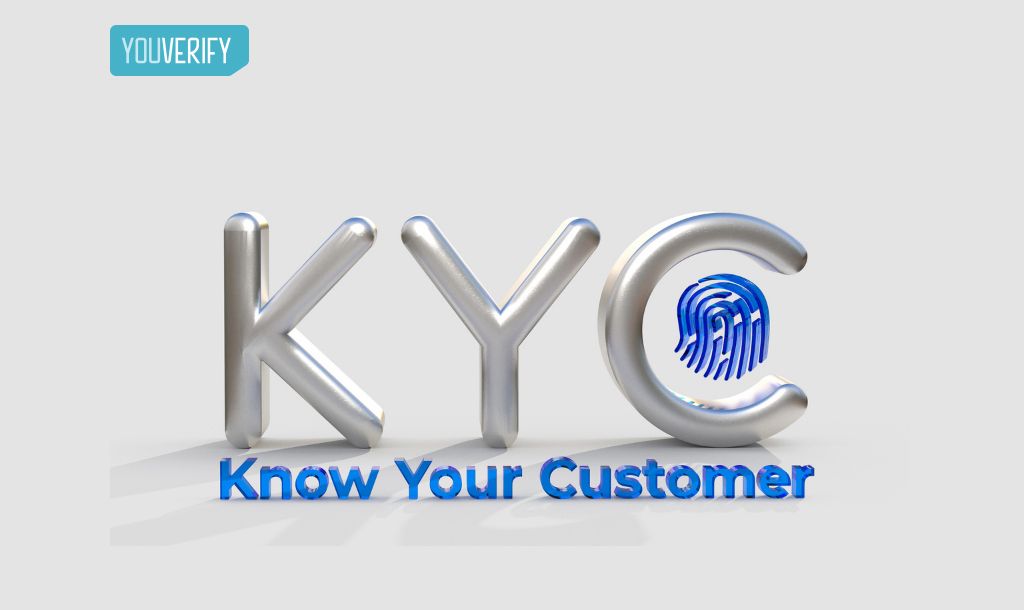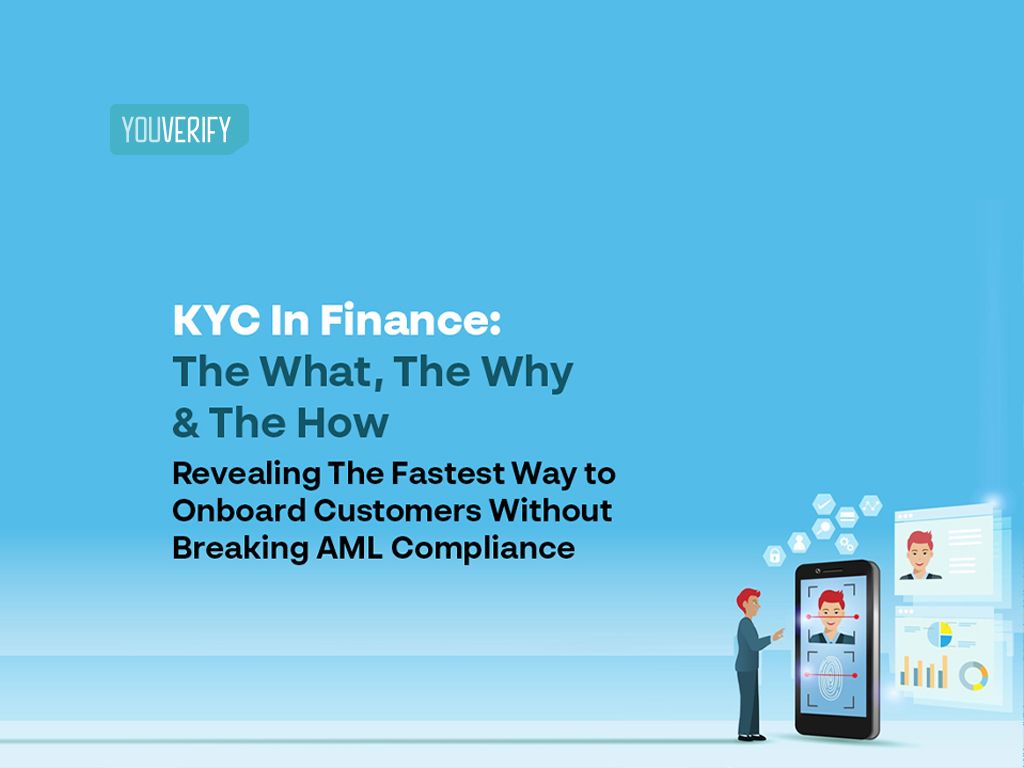The banking and finance industry remains one of the most sensitive sectors today. This is because it deals with a lot of monetary financial transactions that could easily be used for money laundering or criminal activities. However, today structures have been put in place to ensure this is reduced to a bare minimum. This is termed Know Your Customer (KYC). The question - what is KYC in finance - has become a very important topic for experts in the sector.

In this article, we would be discussing the importance of KYC In finance, especially how it addresses the growing problem of money laundering around the world.
What does KYC mean?
Know Your Customer (KYC) is the process undertaken by institutions to verify the identities of their customers. This is partly to identify who they are, and then to assess any risks that surround transacting with them. KYC is also referred to as Know Your Client, just as its definition describes. Understanding the meaning of Know Your Customer is important in answering the question - what is KYC in finance.
KYC was invented to address the ever-growing problem of money laundering at the national and international levels. Therefore, both local and international bodies create rules and regulations imposed on financial institutions. More precisely, these are monitoring and screening processes that protect financial systems from being abused by criminals.
Read more - What is KYC verification? Complete Guide on Everything You Need to Know.
Why do banks need KYC?
Primarily, banks need KYC to ensure they aren't used by criminal elements for any form of money laundering or terrorist activities. Beyond that, KYC also helps banks understand their customers and how better to serve them. KYC protects the bank and customers alike from falling victim to fraud.
Financial institutions have to comply with the set KYC rules and regulations to comply with anti-money laundering regulations. For example, banks are required to confirm the identity of a customer before allowing assess to important services like opening an account or credit cards. Going a step further, fintech companies are mandated to collect substantial verifiable information on customers that can be used to confirm their identity before transacting any business with them.
What is the importance of KYC in Finance and Banking?
As we’ve earlier established, KYC is important in finance and banking. Generally, it helps institutions verify the identity of customers, review their financial activities and assess associated crime risks. With this, institutions can easily identify and prevent criminal activities like terrorism financing and money laundering.
Here are some of the importance of KYC in finance and banking:
- Tackling money laundering and other related crimes
- Reducing identity theft and fraud
- Overall tracking and prevention of cybercrimes
Proper KYC checks would help financial institutions protect themselves from the crimes above, therefore, satisfying regulations and protecting their brand name.
Watch this video description of how it works:
Also, read more on the advantages of KYC.
What are the types of KYC processes?
Basically, there are two major types of KYC processes. They are:
1. Customer Due Diligence (CDD)
This is the foundation level of KYC. Customer Due Diligence (CDD) involves verifying customers' identities through digital or physical means. This could involve a business using digital identity verification solutions or requesting physical verification.
2. Enhanced Due Diligence (EDD)
Enhanced Due Diligence takes a step further by adding extra layers of verification for high-risk customers. Such customers are usually targeted for financial crimes and money laundering due to their financial status. Therefore, there is a need for extra verification before, during and after onboarding.
CDD and EDD are some of the grassroots terms to know regarding what is KYC in finance.
The Place of Regtech in KYC and AML Compliance in the Finance Industry
The old way of carrying out KYC required compliance agents to manually verify the identities of customers. However, with the right technology today, institutions can easily carry out this process, saving time and money as a result.
The right compliance program can easily help businesses collect customer information and carry out KYC in a matter of seconds.
An identity verification software like Youverify OS takes things to the next level by being able to complete customer due diligence and KYC onboarding by using just their phone numbers.
Youverify’s Solution for KYC and AML Compliance
Youverify offers an end-to-end KYC compliance solution called the Youverify Operating System or YV OS. It simplifies KYC onboarding for financial institutions to the bare minimum by using only the customers' phone numbers. This is called the “Advanced Search”.
By simply requesting their numbers, our system can search out other details like their NIN, BVN, and full data from our 300+ data sources.
Advanced Search is accessible on our flagship product, YV OS, but only available to customers in compliance with Nigeria Data Protection Regulation (NDPR).
Book a demo session today to see how YV OS can help automate your business’s KYC Due Diligence! Also, feel free to contact us here for any questions.
